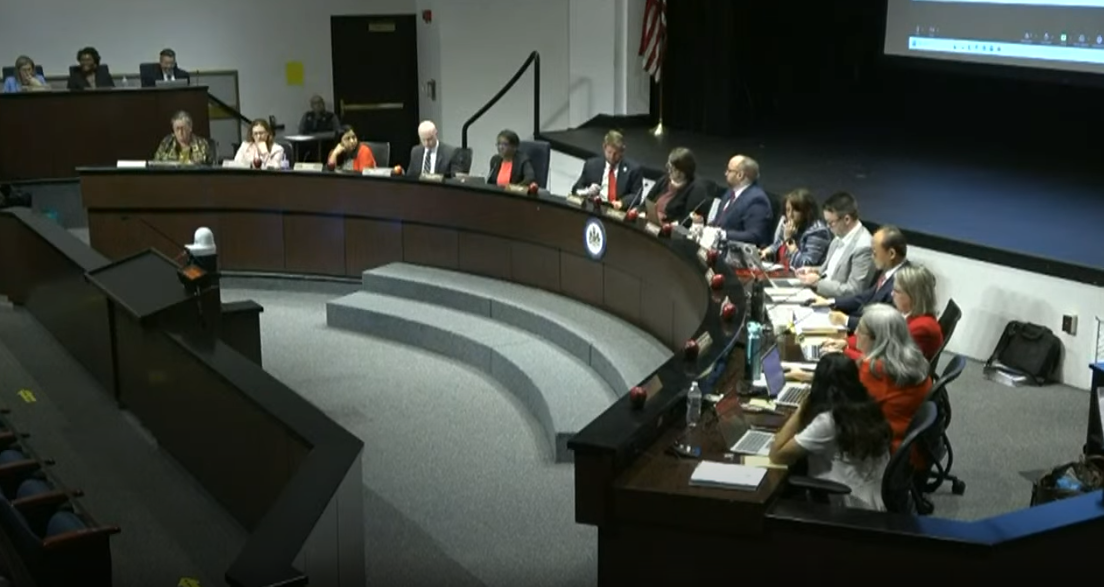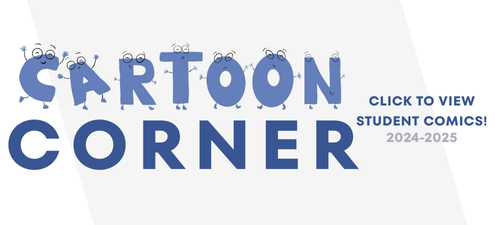The Limits of the Cumulative Quarterly Test
The Algebra 2 Honors classes at West Potomac have a special system for retaking tests called the Cumulative Quarterly Test (CQT) system. Unlike most classes, which allow corrections and retakes for a certain amount of points, Algebra 2 Honors students must complete all homework assignments on time in order to take a test at the end of the quarter, which can replace their lowest test grade a student received that quarter. This leaves no room for mistakes on behalf of human error. This system is an impractical math assessment for students to get their grades up because students are more likely to procrastinate on homework, it reflects poorly on student improvement, and ultimately punishes students who have more than one bad grade on a test but have kept up with all of the assignments.
Students will likely procrastinate or not do homework because the CQT makes it optional. It’s worth no actual points, but they still need to do it all (up to multiple pages per night) to be eligible for the test. For each unit, the cumulative homework for it is all due on the same day as the test. A student who is good at said unit doesn’t necessarily need the extra help of homework to understand the content, but is still forced to do it to be able to take the CQT to replace a test grade on something completely different. Also, a student could get great grades on the first couple unit tests and not need to do homework for any of them, but on the last unit test they get a bad grade. With the old correction/retake system, they could salvage their grade, but with the CQT system, it’s too late to do the homework required to fix it.
Another problem with the CQT is that it is a poor reflection of a student’s efforts to improve in specific fields. This system only provides one test at the end of the quarter, so students are not able to retake any of the 4-5 individual tests per quarter in order to improve upon their weak spots. The end–of–quarter test is only based on what students collectively got most wrong on other tests, so the test score may not be an effective sign of improvement, as some students may struggle in points others don’t. Instead of rewarding students for their efforts to improve in all units, the test only improves the lowest test grade, which covers only a fraction of what the student has worked and improved on.
The CQT punishes students who get more than one bad grade on a test. It takes away the option of getting points back on anything, and IF they do better on the CQT than either of the bad tests, they can only replace one grade. Which means a student who gets more than one bad grade has a tiny chance of ending with an A. On top of making the probability of an A miniscule, it creates an unfair environment in the classroom where kids who study and aren’t good at test taking are at a major disadvantage to students who are naturally gifted at the subject or testing in general. This kind of inequality splits the classroom into those who have to stress over the loads of homework and test corrections, and those who are coasting by with relative ease without having to worry about all the extra work that comes with sub par test grades.
The CQT is overall detrimental to students grades, as opposed to the traditional retake or correction system which is more lenient to students who aren’t as good at testing. This impractical system does less to help students maintain a good GPA because it makes homework optional, doesn’t reflect on a students knowledge properly, and is unfair to students who aren’t as good at testing as others. The West Potomac algebra II department could make an easy change back to their old ways. Yet they choose to continue enforcing a system which only seems to make learning about a possibly fun subject centered around stressing for a perfect test score at least once a month.



























































